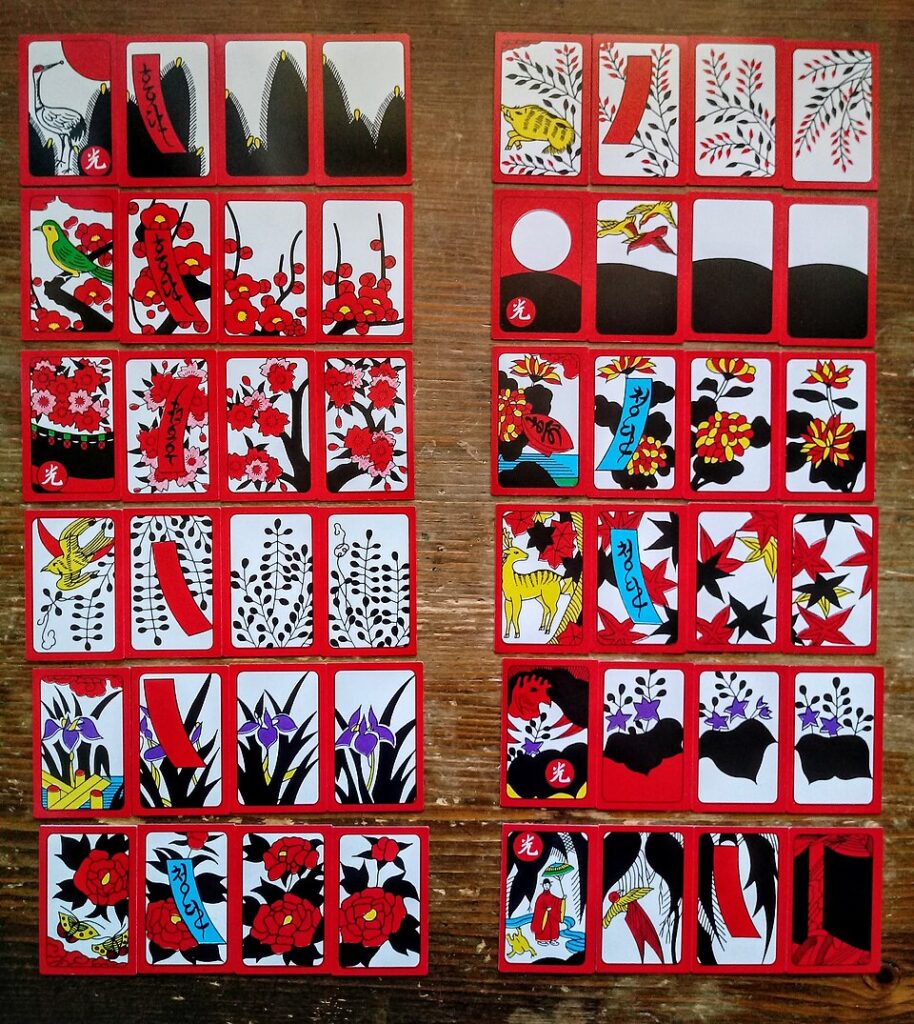South Korean prosecutors face a dilemma after an appeals court overturned their ambitious bid to prosecute a 69-year-old man for betting on a game of go-stop.
Gambling is illegal in almost all forms in South Korea, with the exception of horse racing bets at permit-holding tracks and betting at High1, the country’s only casino that admits domestic passport holders.
However, go-stop, a traditional card game played with a small, 48-card hwatu deck, remains popular throughout the nation.

Korean Go-Stop Betting: Prosecutors to Continue Legal Battle?
While it is sometimes played for fun, or for forfeits (with losers receiving a wrap on the knuckles or a tap on the head), many groups of family and friends play the game for money.
In this case, players set a per-point stake. Many groups use a KRW10 ($0.0074)-per point stake.
Officially, this is illegal, and punishable with a system of fines. However, convictions are almost unheard of, particularly in low-stakes games held in private premises.
However, it appears prosecutors are keen to stamp out this form of “social gambling,” and tried on two occasions to convict the pensioner for taking part in the game.
Prosecutors indicted the man after he was arrested for playing go-stop with three neighbors for a stake value of KRW100 ($0.074) per point.
The group was playing the game in an apartment in Gunsan, North Jeolla Province, on April 13, 2023, Joongang Ilbo reported.
As the game progressed, the amount of money in the winnings pot rose to a final total of just over $79.
The group had agreed that the winner would use part of the pot to buy beer and Korean fried chicken for the others.
However, at some point, someone in or near the apartment called the police to report gambling activities at the address.
Police responded by dispatching officers to the scene, where they found evidence that the group had been betting on their game.

Game Was ‘Entertainment, Not Gambling,’ Says Judge
At an initial District Court trial, the presiding judge ruled that the group had engaged in “temporary entertainment,” ruling that their game did not constitute actual gambling.
The man was thus found not guilty of all charges. But Jeonju prosecutors decided to challenge the decision at the Jeonju District Court Criminal Appeals division.
The prosecution argued that the defendant had previously been punished for gambling offences.
It also noted that the police had been enacting a crackdown on go-stop gambling at the time. As such, prosecutors claimed it would not be in the spirit of this initiative to absolve the man.
But the appellate court upheld the original verdict. It noted that the fact that the group had agreed the winner would buy refreshments meant the session was not a “winner-takes-all” game.
District Court Ruling Upheld
The appellate court judge said that the amount of money at stake in the game was not excessive. The judge added: “We uphold the original judgment. It cannot be said that there was any illegality involved. Nor was there a misunderstanding of legal principles, as the prosecution claims.”
Prosecution officials will now have to decide if they want to pursue the matter further, taking the case to the High or Supreme Courts.
CasinoBeats spoke to two South Korean taxpayers about the case. Both expressed mixed feelings about the idea of the matter heading to the Supreme Court.
Cho Doo-hyeon, a pensioner living in Northern Seoul, said: “It does seem like quite a frivolous case for judges and public prosecutors to spend time and money on. But there is a basic principle at stake. Is betting on go-stop legal or illegal? I think the messaging on this needs to be clear.”
Choi Mi-ra, a part-time teacher, explained: “This case is something of a storm in a teacup. Surely there are more pressing legal matters than these to deal with in South Korea today?”
South Korean media outlets took a dim view of the case. Some called the stakes involved in the game “mere pocket change.”











